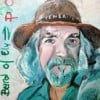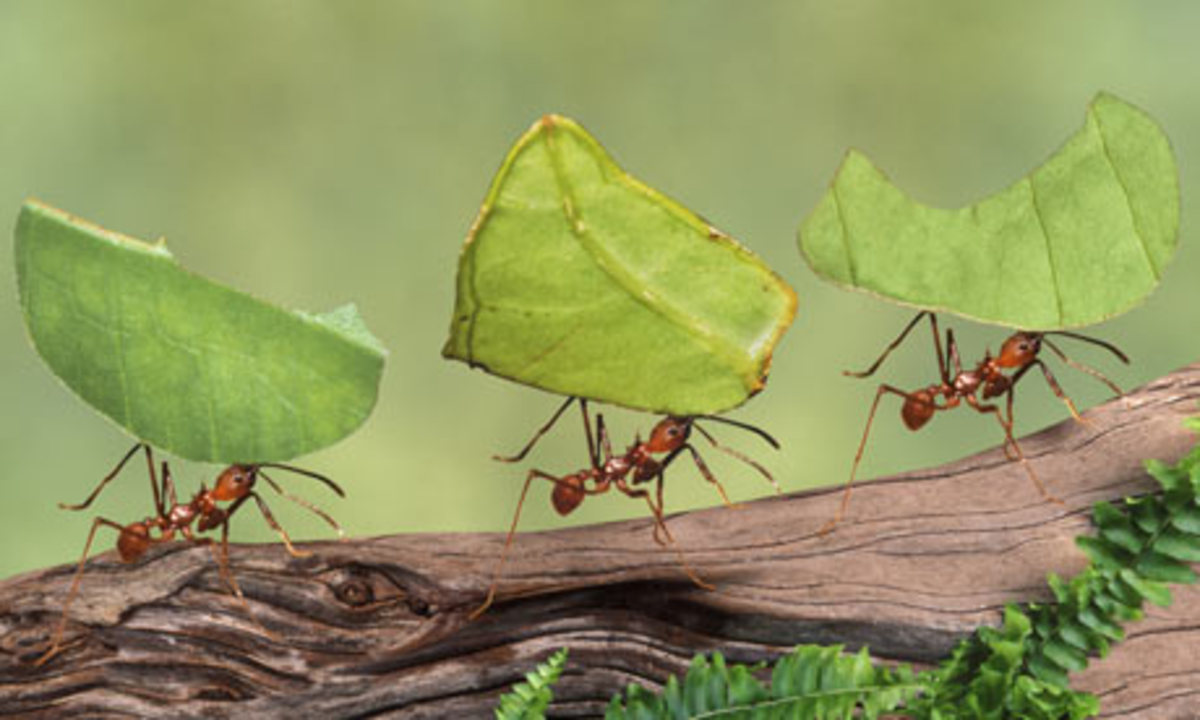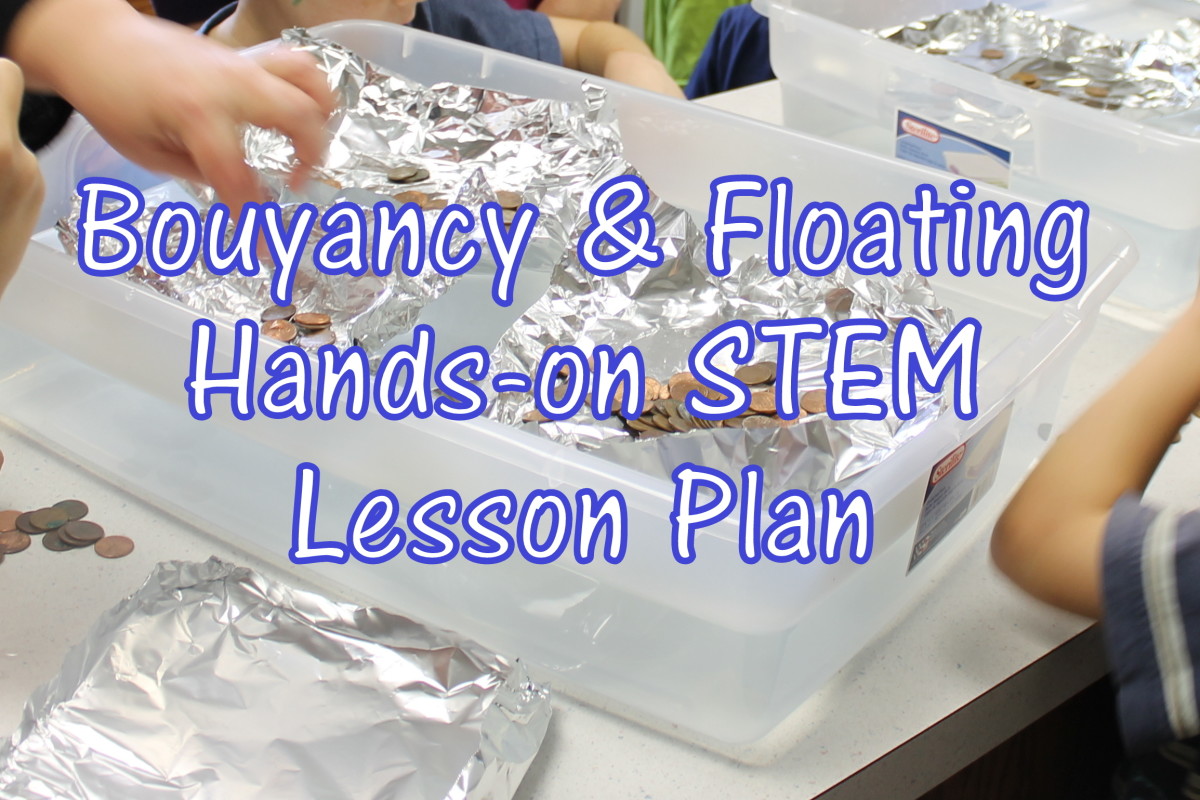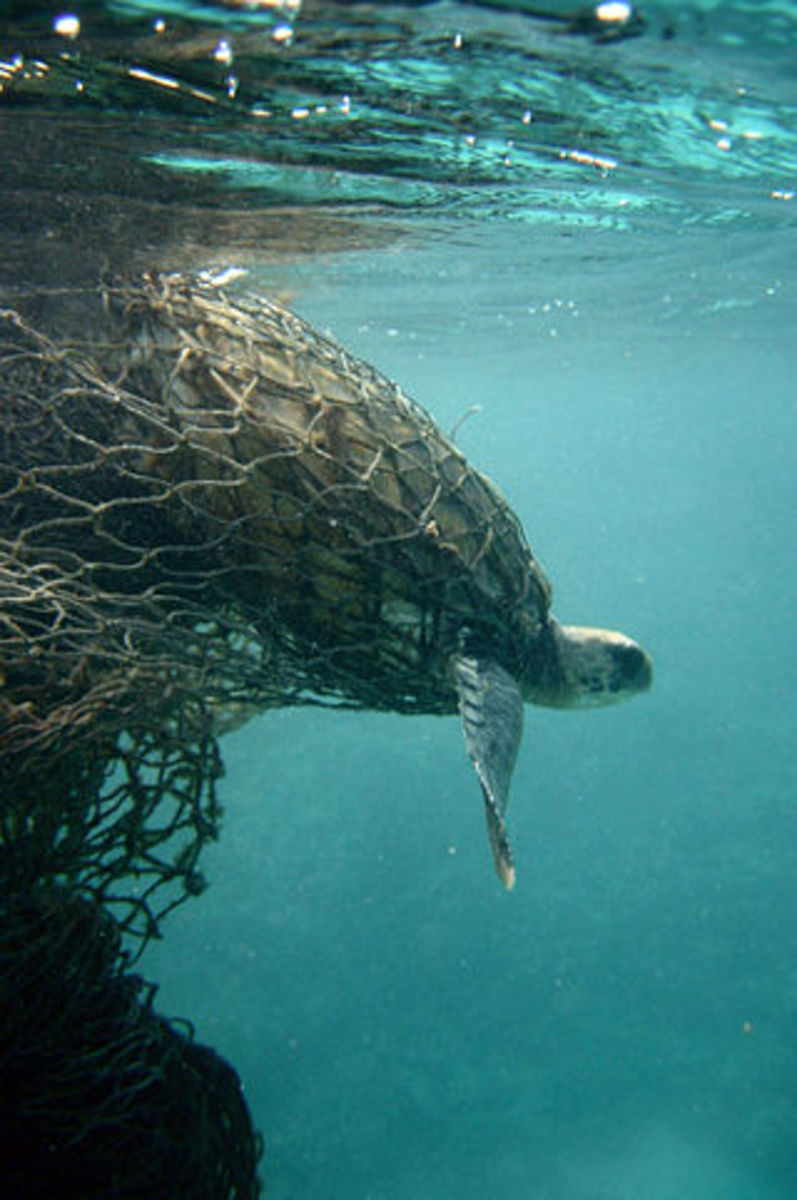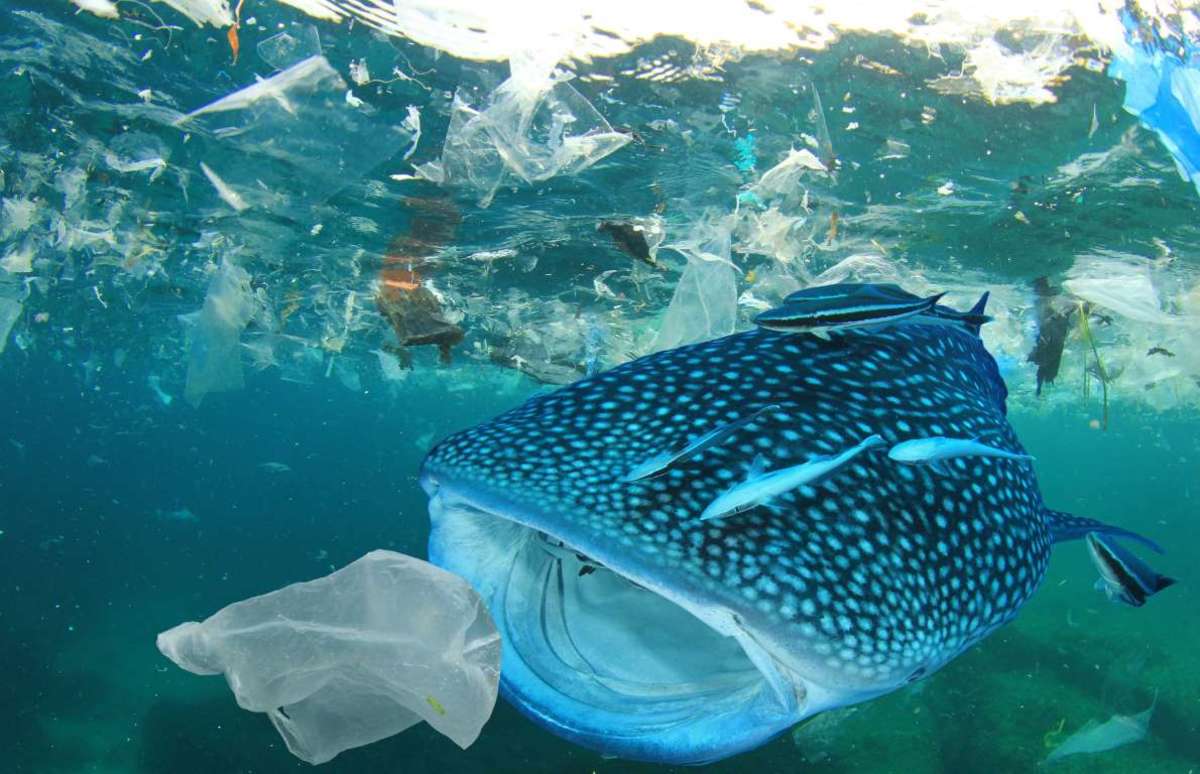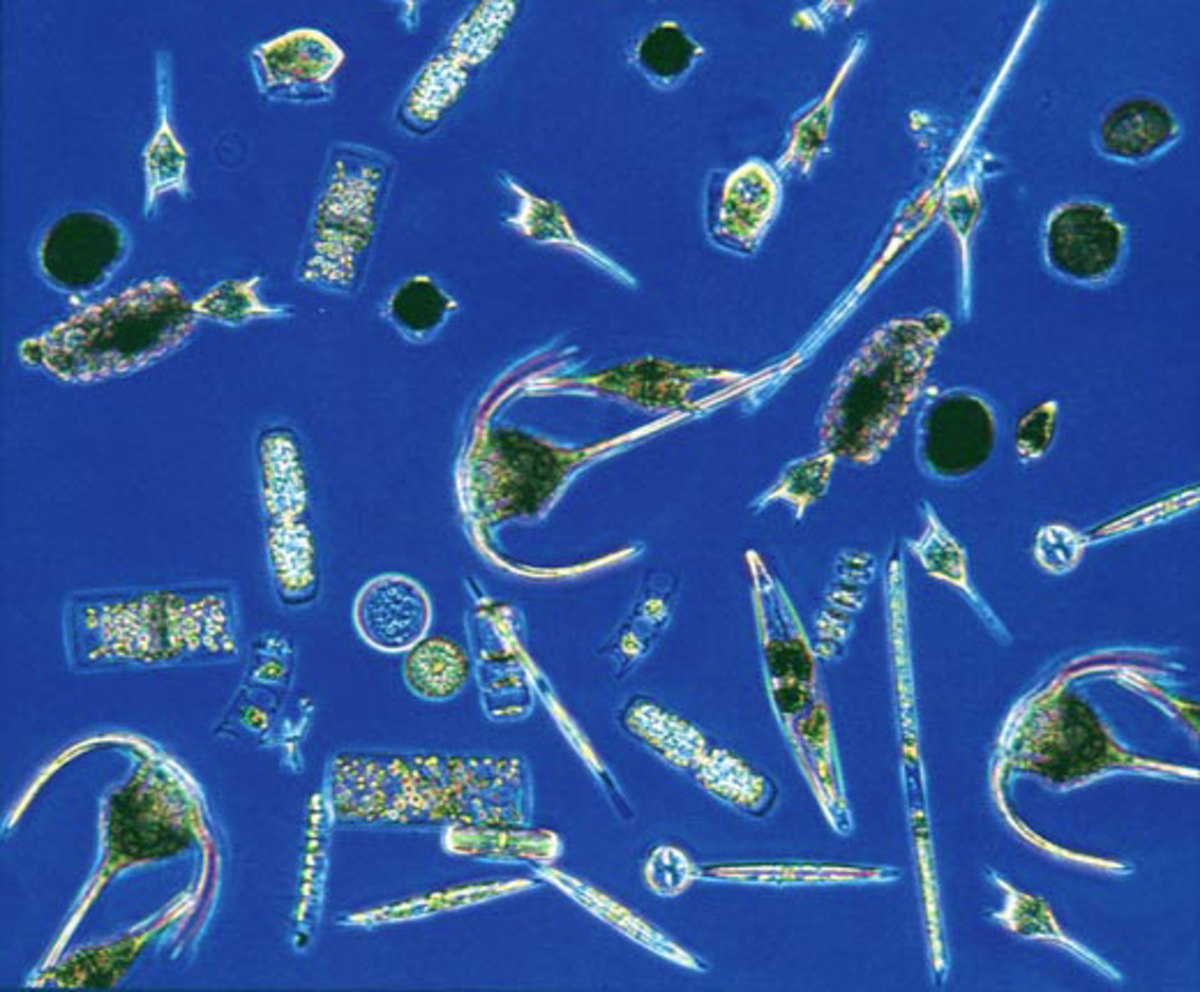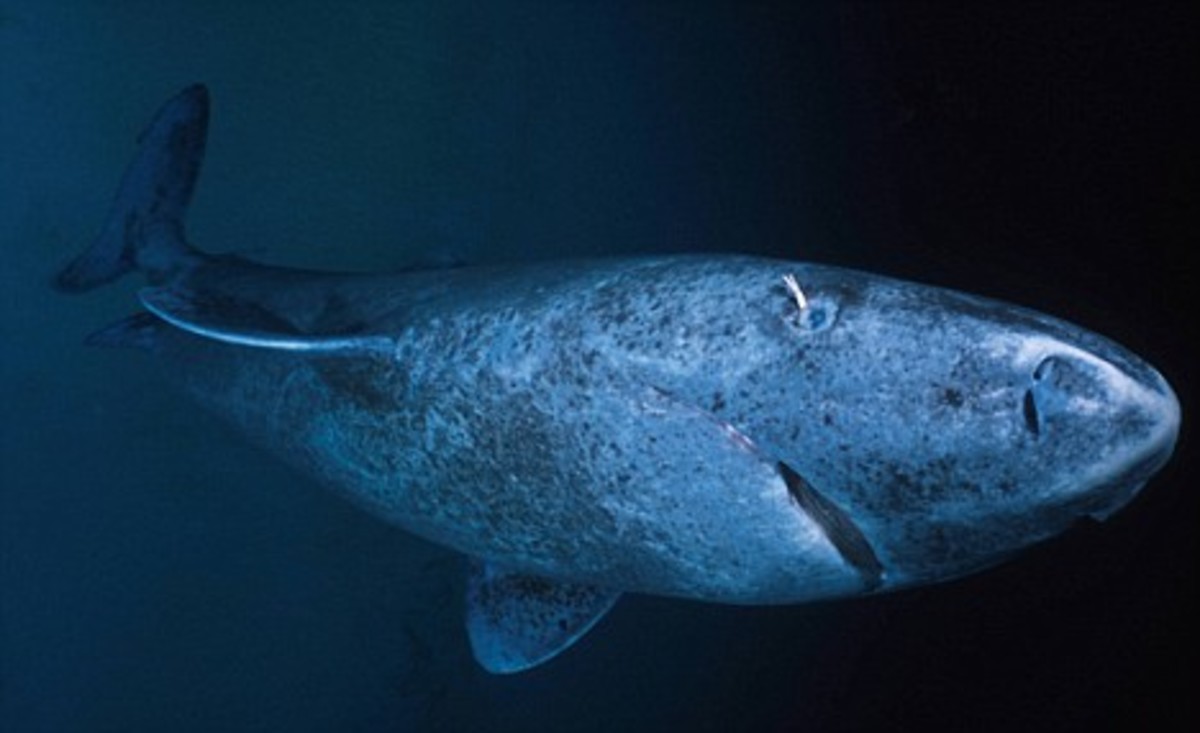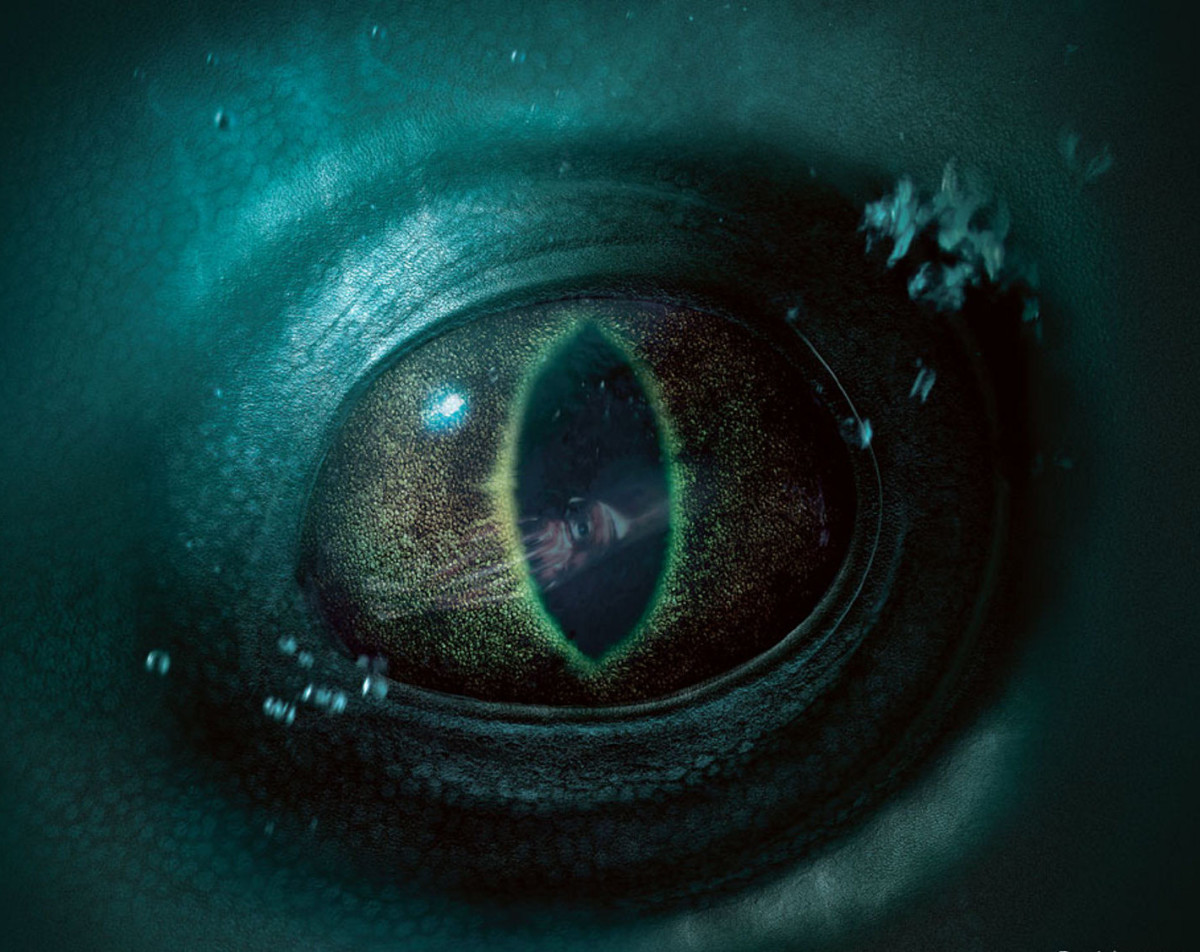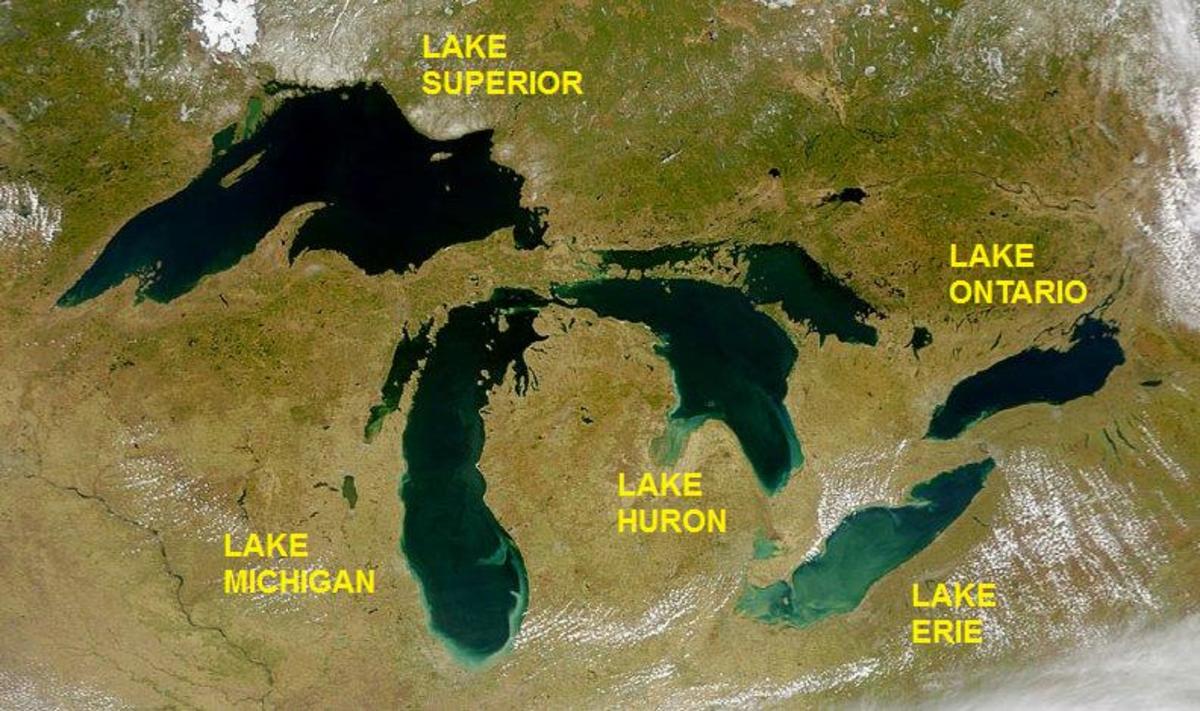Goose barnacles are weird crustaceans living in colonies on floating plastic trash
Colony of Goose Barnacles
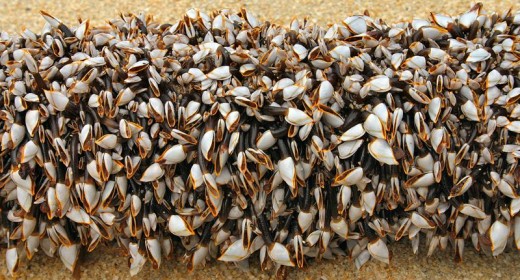
Are Goose Barnacles adding to the problem?
Goose Barnacles (Lepas anserifera) are a weird form of crustacean that live as colonies that are attached to flotsam and driftwood floating on the tides. They are often found washed up on beaches and in recent years some people that have found them have thought they have discovered some sort of alien animal.
Goose Barnacles are filter-feeders and a large part of what they eat is the plankton that they sweep into their mouths. Plankton though is becoming a lot less than it used to be and this can cause serious problems for marine creatures that depend on it.
As adventurer and author David de Rothschild points out in his talks and in his new book Plastiki Across The Pacific on Plastic: An Adventure To Save Our Oceans there are as many as six parts of plastic to one of plankton in some parts of the ocean. This is an alarming situation because plankton is the main food of so many sea creatures.
The Plastiki is the name of a catamaran made from 12,500 plastic bottles on which David and his crew sailed across the Pacific Ocean in 2010 from San Francisco to Sydney in Australia. This was done to raise awareness of the problem and dangers of plastic pollution, and as a call for responsible use of plastic as a resource.
De Rothschild, by the way, photographed some Goose Barnacles that were attached to the sides of his Plastiki catamaran. They were hitch-hiking a lift on his now famous craft.
A species of goose barnacle from a fish market in Donostia (San Sebastian), Spain
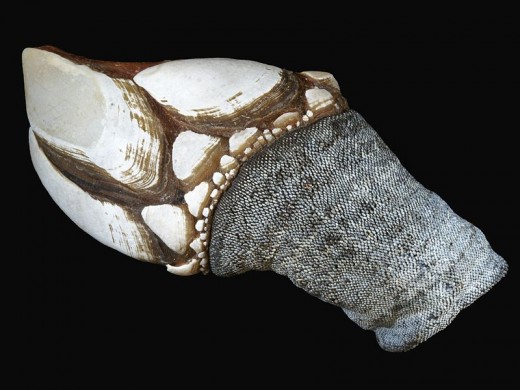
Project Kaisei - Jim Leichter Finds Barnacle Fouling Community - The Garbage Patch - Scripps
Goose barnacles
- BBC Nature - Goose barnacles videos, news and facts
Goose barnacles are odd-looking crustaceans usually found in quite deep water. - Dr Who-like monster stuns sunbathers after it washes up on Welsh beach | Mail Online
A mysterious 'alien like' creature horrified holidaymakers after it washed up on a beach on the Gower Peninsula.
Plastic pollution
Plastic pollution of the oceans is already a very serious danger to marine life and killing millions of sea birds, turtles, whales and other animals every year. Plastic which accumulates poisons is also entering the food chain that goes all the way up to us.
Plastic is unable to biodegrade but only breaks down into smaller and smaller pieces and countless billions of these are now polluting the oceans and beaches of the world as well as accumulating in vast gyres, of which there are five. The Great Pacific Garbage Patch is twice the size of Texas!
Plastic enters the food chain because the tiny particles get swallowed by sea creatures and the very small bits are ingested by the plankton feeders. The larger items of plastic are getting mistaken for jellyfish and squid and eaten by sea birds, turtles and whales that are unable to digest or pass the material through them, which in many cases leads to their deaths.
Many whales that beach themselves and die are found to have stomachs full of plastic. They are swallowing plastic bags, plastic ropes and all sorts of other trash made from the material. Many seabirds have eaten plastic and this is certain to continue because every day more and more of it is entering the oceans. The problem is getting worse too because there are less and less fish and other marine life the birds and other marine predators normally would feed upon. This is making the birds and whales feed on what they can find, and sadly a lot of this is plastic rubbish.
The sea creatures that live on plankton are having a hard time too though because the amount of plankton is rapidly declining due to climate change and acidification amongst other factors. It is even possible that Goose Barnacles are making the situation even worse though, because they are increasing in numbers due to the vast amounts of plastic garbage on which they can attach themselves. The more Goose Barnacles there are out there eating plankton the less plankton there is.
Goose Tree
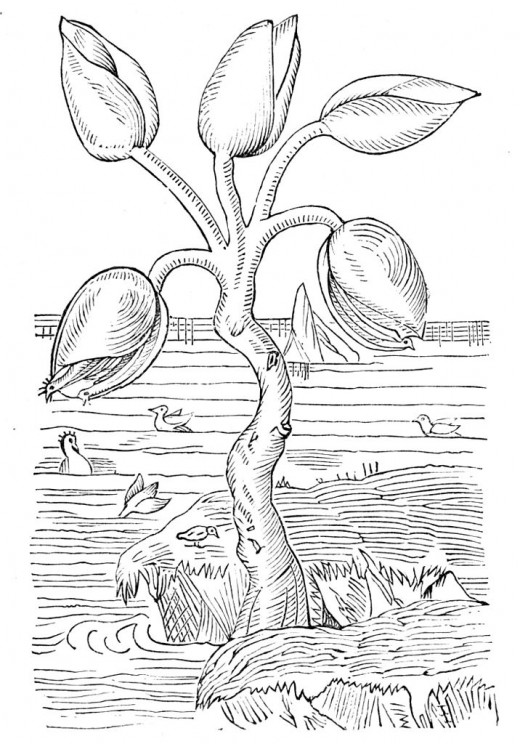
Goose Barnacles described
Goose Barnacles are also known as Gooseneck Barnacles and Stalked Barnacles. Marine biologists and zoologists would know them as species of the Pedunculata family.
While many sea creatures are being killed off by plastic pollution at present the Goose Barnacle is one of a small number of animals that are actually benefiting from the mess. They are able to colonise new areas transported on floating plastic garbage.
They have stalks which attach them to whatever surface they are on. Their mouth-parts are in the 'head' section at the end and these are shaped something like a beak so hence the similarity to geese.
Long ago it was believed that the Barnacle Geese (Branta leucopsis) developed from these barnacles, and further that the driftwood they were so often found on had grown on a tree with them as part of its branches that had fallen off into the water. Barnacle Geese were not seen nesting in Europe, and this was before it was known that birds could migrate, so this is how the strange belief came about.
Goose Barnacles are known as "Percebes" in Spain and Portugal where they are regarded as a delicacy.
It would seem very likely that Goose Barnacles being eaten in this way have often ingested plastic as well as large amounts of their natural food. At the same time as they are bringing the toxins in the plastic into the mouths and bodies of humans they are also depleting the amounts of natural plankton.
Recent studies have shown that goose barnacles are not only hitching rides on floating plastic but that the creatures are also eating tiny bits of the material. Barnacles normally feed on plankton which they sweep into their mouths but many of the animals are now feeding on plastic particles mixed in with their natural food.
Goose barnacles colony
© 2011 Steve Andrews
